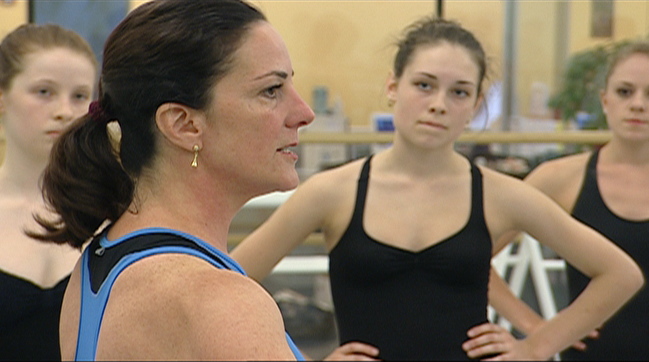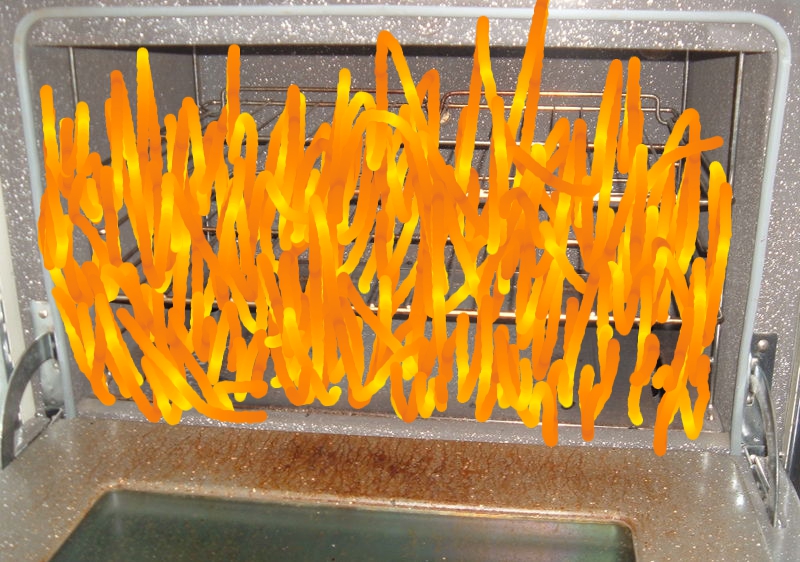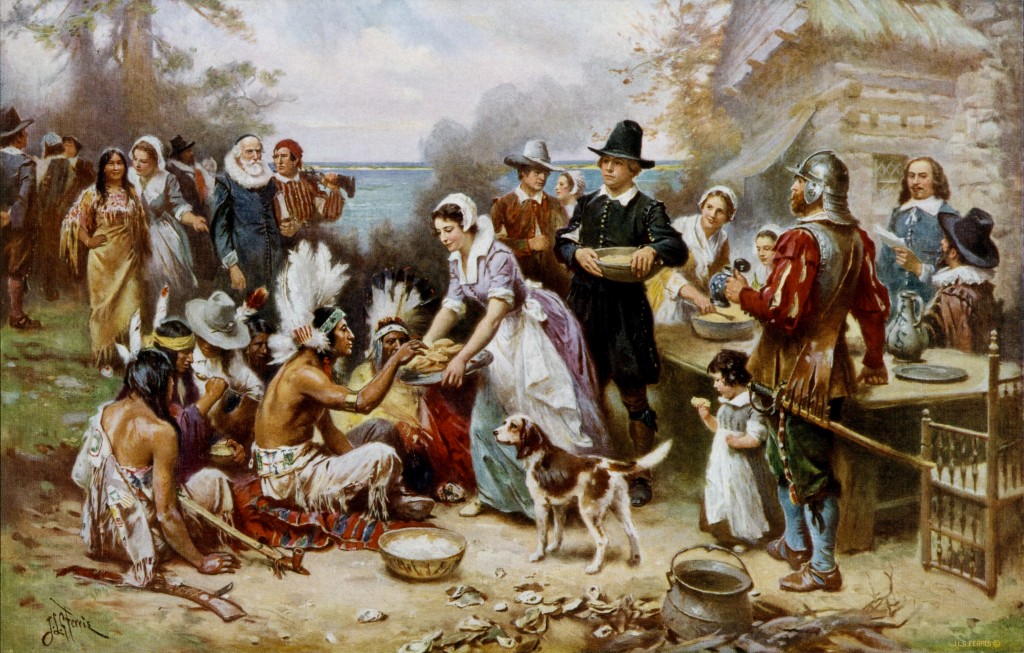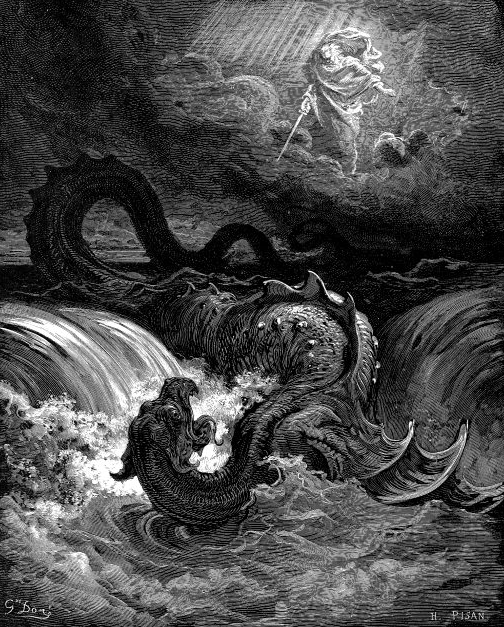
The place to be in Portland Tuesday night was the Arlene Schnitzer Concert Hall, where the legendary Martha Graham Dance Company was performing in town for the first time since 2004. As if that weren’t draw enough, the program provided the world premiere of Portland choreographer Josie Moseley‘s “Inherit,” a solo for Graham dancer Samuel Pott. Moseley’s piece was underwritten by White Bird, which presented the Graham company as part of its Portland dance season. Catherine Thomas’s review for The Oregonian is here. Art Scatter’s chief correspondent and resident dance critic, Martha Ullman West, was also on the spot and files this report.
*
By Martha Ullman West
Ask a male modern dancer about Martha Graham technique and you’ll likely get a shake of the head, a roll of the eyes, and a lecture on how her pelvis-centered movement is difficult to impossible for a man’s body to do.
 This is definitely true of Lamentation, the gut-wrenching, writhing, keening solo Graham made on her own body in 1930, in which she absorbed and expressed all the griefs of a world as troubled as our own, at the same time providing the kind of catharsis the ancient Greeks found in the tragedies of Sophocles, Euripides and Aeschylus.  It’s no accident she later made dances based on Oedipus Rex (Night Journey) Medea (Cave of the Heart) and Agamemnon (the monumental evening-length Clytemnestra) all of them from the woman’s point of view.
This is definitely true of Lamentation, the gut-wrenching, writhing, keening solo Graham made on her own body in 1930, in which she absorbed and expressed all the griefs of a world as troubled as our own, at the same time providing the kind of catharsis the ancient Greeks found in the tragedies of Sophocles, Euripides and Aeschylus. Â It’s no accident she later made dances based on Oedipus Rex (Night Journey) Medea (Cave of the Heart) and Agamemnon (the monumental evening-length Clytemnestra) all of them from the woman’s point of view.
Lamentation is the centerpiece of the Martha Graham Company’s current road show: We saw it twice at the Schnitz on Tuesday night, first performed with smooth elegance by Carrie Ellmore-Tallitsch, her costume — originally a tube of knitted fabric as much a part of the solo as the dancer’s body — perked up with a red leotard underneath it.
Then, post intermission, to introduce the Lamentation Variations we saw Martha herself, on film, gnarled feet rooted to the floor, her seated body arching in a seamless cry. Let it be said that this 80-year-old solo of Graham’s is so emblematic of that period of modern dance that the editors of the International Dictionary of Modern Dance chose it for the book’s cover.
Continue reading In an evening of schoolhouse Martha Graham, Moseley’s lovely lament →

 By Laura Grimes
By Laura Grimes


 Both were figurative artists, although in very different ways and with very different outlooks and techniques. Oliveira, who is represented in Portland by
Both were figurative artists, although in very different ways and with very different outlooks and techniques. Oliveira, who is represented in Portland by 
 He shouldn’t have been, of course. After all, Deemer knows this stuff. He teaches screenwriting at Portland State University, and is a terrific playwright, and a pioneer in the expanded-universe form of hyperdrama, and he’d already done another ultra-low-budget film, Deconstructing Sally, which we wrote about a little over a year ago
He shouldn’t have been, of course. After all, Deemer knows this stuff. He teaches screenwriting at Portland State University, and is a terrific playwright, and a pioneer in the expanded-universe form of hyperdrama, and he’d already done another ultra-low-budget film, Deconstructing Sally, which we wrote about a little over a year ago 
 It was the thirtieth anniversary of Mule Days, and Mr. Scatter, who was on the spot for last year’s festivities, which he wrote about
It was the thirtieth anniversary of Mule Days, and Mr. Scatter, who was on the spot for last year’s festivities, which he wrote about 
 This is definitely true of
This is definitely true of  Then she took a batch of her rewritten stories, entered them into a prestigious professional competition, and strutted off with a passel of awards. That experience has made Mr. Scatter deeply suspicious of awards ever since. It also played a crucial role in the briefness of his own tenure at that particular less-than-august journal of news and opinion, a place that greeted him on his first day of work with a single rule, banning in-house sexual fraternization: Don’t dip your pen in the company ink. That the prize-winning “writer” was regularly inking and dipping with the publication’s owner did not help Mr. Scatter’s position, although it seemed to do wonders for her own.
Then she took a batch of her rewritten stories, entered them into a prestigious professional competition, and strutted off with a passel of awards. That experience has made Mr. Scatter deeply suspicious of awards ever since. It also played a crucial role in the briefness of his own tenure at that particular less-than-august journal of news and opinion, a place that greeted him on his first day of work with a single rule, banning in-house sexual fraternization: Don’t dip your pen in the company ink. That the prize-winning “writer” was regularly inking and dipping with the publication’s owner did not help Mr. Scatter’s position, although it seemed to do wonders for her own.